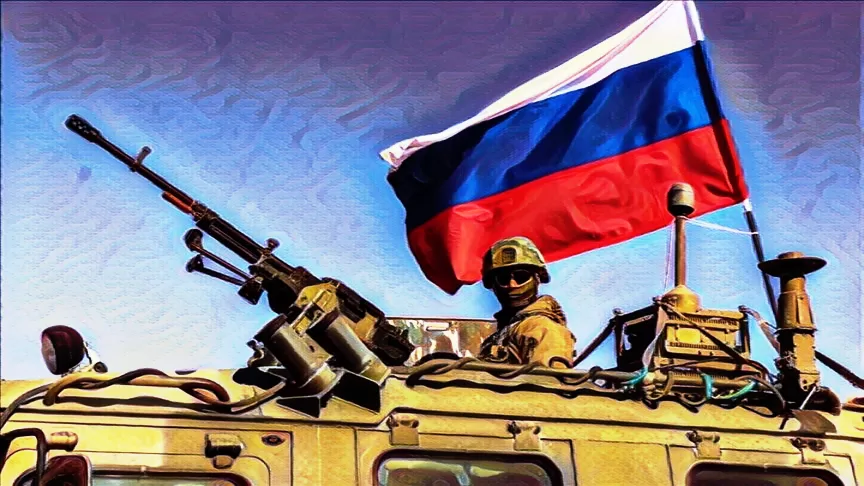A recent in-depth analysis by the Economist has presented a thought-provoking perspective on Russia’s engagement in Ukraine, offering a fresh lens through which to view this complex situation. While the conflict has undoubtedly exacted a toll in terms of lives lost and geopolitical implications, the study brings forth a surprising revelation regarding Russia’s financial commitments.
Contrary to common assumptions, Russia’s direct fiscal cost of the war is estimated to be around 3% of its GDP, equating to an annual expenditure of approximately $67 billion. To better grasp the significance of this figure, it is essential to explore historical comparisons. During World War Two, the Soviet Union, confronted with immense challenges, allocated a staggering 61% of its GDP to the war effort, illustrating the enormity of its commitment. Likewise, the United States devoted 50% of its economic resources to the war during the same period. Against this backdrop, Russia’s expenditure in Ukraine appears relatively restrained, considering the complexities of the conflict.
In contrast, the Soviet Union’s engagement in the arduous and protracted war in Afghanistan reveals a surprising allocation of a mere 0.4% of its GDP towards the war effort. This minuscule allocation stands in stark contrast to Russia’s significantly greater commitment to the conflict in Ukraine. The notable disparity in resource allocation between Russia’s involvement in the conflict in Ukraine and the Soviet Union’s involvement in the Afghan conflict serves as a poignant reminder of Russia’s resolute determination to advance its strategic objectives in the Ukrainian theatre, highlighting the perceived greater importance Russia places on the Ukrainian conflict compared to the Soviet Union’s experience in Afghanistan.
The decision to exercise financial restraint in the conflict in Ukraine can be attributed to a confluence of political and economic factors. By labelling the conflict a ‘special military operation’, the Russian government effectively circumvents the need for exorbitant spending, projecting an image of fiscal prudence and calculated decision-making.
Moreover, escalating war expenditure carries inherent economic risks. It has the potential to fuel inflation, burdening Russian citizens and impeding economic stability. Additionally, imposing war debt on banks could strain the financial system and compromise President Vladimir Putin’s political objectives.
Furthermore, the transformation of modern warfare through technological advancements has revolutionised the operational landscape. This paradigm shift has enabled greater efficiency, requiring less personnel and machinery to achieve significant impact. As a result, Russia can optimise its resources while minimising the financial strain.
However, it is crucial to acknowledge that despite the seemingly moderate financial commitment, the repercussions of the conflict surpass fiscal considerations. The implementation of sanctions by Western nations has disrupted global oil flows, impacted trade dynamics, and posed challenges to Russia’s energy dominance. Consequently, Russia has strategically sought alternative markets to navigate this intricate geopolitical landscape.
In conclusion, the Economist’s analysis offers valuable insights into Russia’s involvement in Ukraine. While the financial burden may not mirror historical events like World War Two, it is crucial to examine the multifaceted dynamics at play. For instance, the Cuban Missile Crisis of 1962 showcased the high stakes and intricate diplomatic manoeuvring involved in conflicts with global implications. The Korean War, despite its limited territorial scope, revealed the intricate balance of power and proxy dynamics between major powers. Similarly, the ongoing conflict in Ukraine encompasses geopolitical deliberations, intricate international relations, and broader strategic interests, all of which contribute to the complexity of a situation that goes well beyond money matters.









